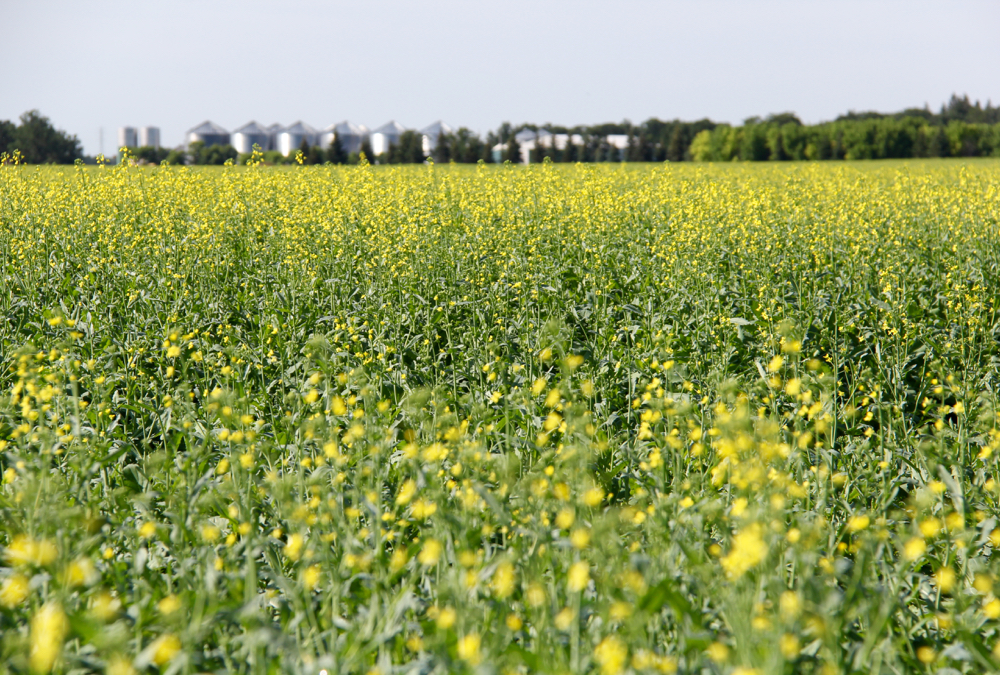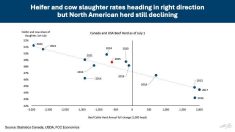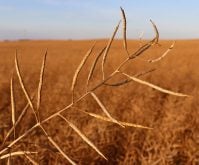The Canadian Canola Growers Association was the busiest Canadian lobby group in any sector last year, said president Rick White.
“We have been extremely busy,” White said, speaking to the Manitoba Canola Growers at their AGM on Feb. 16.
The Canola Council of Canada also cracked the top ten most active lobby groups, White added. The figures come from The Lobby Monitor and The Hill Times.
Read Also

AAFC organic research program cut
Canada’s organic sector says the loss of a federal organic research program at Swift Current, Sask., will set the industry back.
Last year, lobbyists return to face-to-face meetings after those halted due to the pandemic, White said. This added to the business.
The groups also broadened efforts to government departments not usually part of their portfolios, including Health Canada (due to concerns with the Pest Management Regulatory Agency) and economic development, White said.
“We’ve cast the net further,” he said. “All these departments at the federal level seem to be intertwined and interlinked, and environmental sustainability is in every department.”

The CCC feels it needs to constantly remind the federal government about agriculture’s importance, said president Jim Everson.
“Especially with a government that is really a city government. [They] don’t have a lot of rural members, frankly,” he said.
“We are very sustainable producers of agricultural products in Canada, and if we’re restricted in our ability to grow those products, then they’ll grow somewhere else where the sustainability practices are less good,” Everson added. “We need to be able to explain those things to politicians and people in the government.”
“We’re bringing a message to the government that we cannot be competitive externally, competitive in global markets, if we don’t have a regulatory system in Canada that’s positive and growth-oriented for our industry,” said Everson.
Issues that were top of mind in 2022 included Bill C-234, which if passed would see fuels for grain drying and barn heating exempted from the price on carbon.
“We are shepherding that very, very closely at every step politically,” White said.
Sustainability was an overarching theme. CCGA and CCC are members of the advisory group for the Sustainable Agriculture Strategy, formerly called the Green Agriculture Plan, which will pull together issues of sustainability, including fertilizer emissions reduction.
Both groups were concerned with biofuels in 2022. The CCGA and CCC worked together to give input on the federal Clean Fuel Regulations, which White said will include land use and biodiversity aspects that may affect growers.
CCC worked with the U.S. Environmental Protection Agency, U.S. canola groups and oil and gas businesses to make space for Canadian canola in the US system, Everson said. The US is investing a lot into its processing and renewable fuel industries, and this will create “really great” market opportunities, he said.
“[In the past] it’s always been a challenge working with the oil and gas business,” Everson said. “They felt that the government’s regulation in this area was a challenge to their industry. That’s really changed.”
Everson added that CCC is particularly interested in California. The state, which has a larger population than Canada, is implementing a low-carbon fuel standard.
The CCC saw success last year in getting the federal government to put more resources into Asian market access, Everson said. While Canada is already reliant on Japanese and Chinese markets, he said, there’s opportunity in Vietnam, Thailand and others.
















